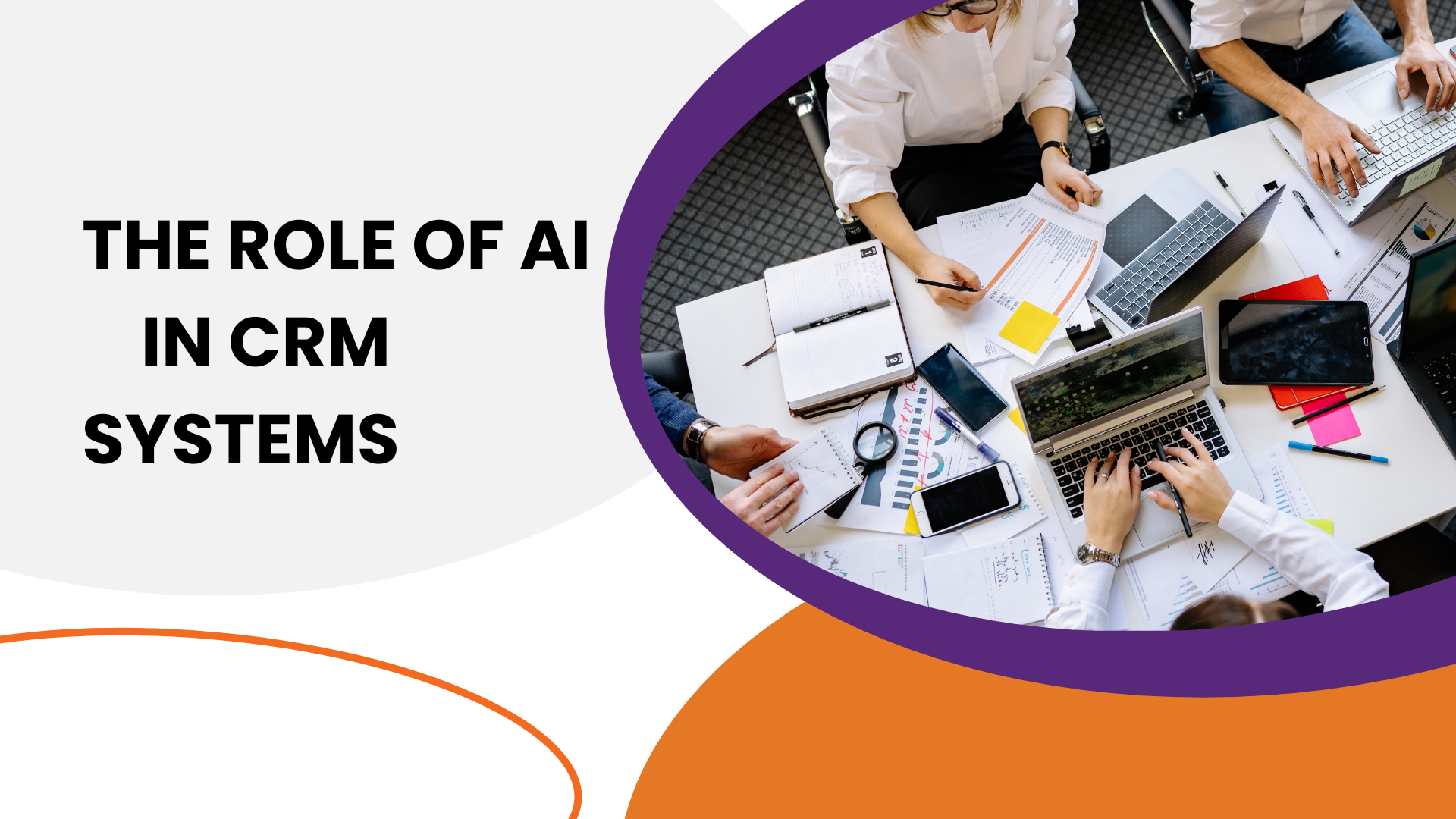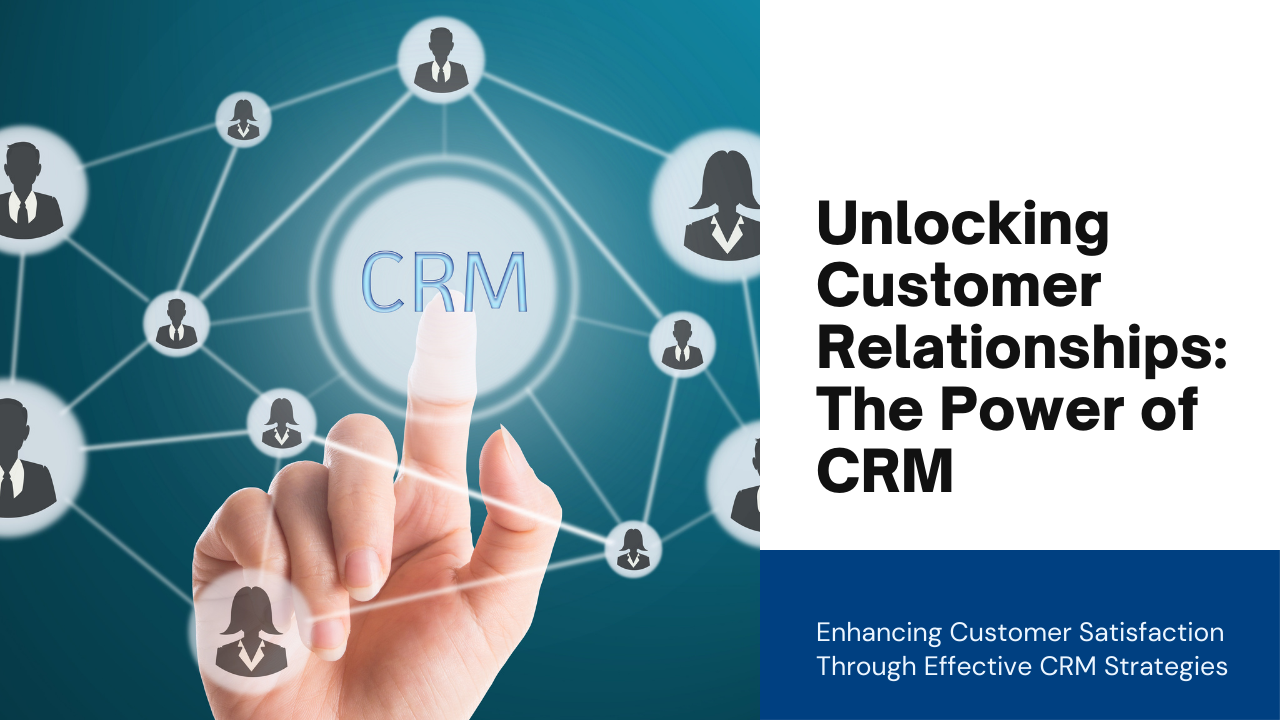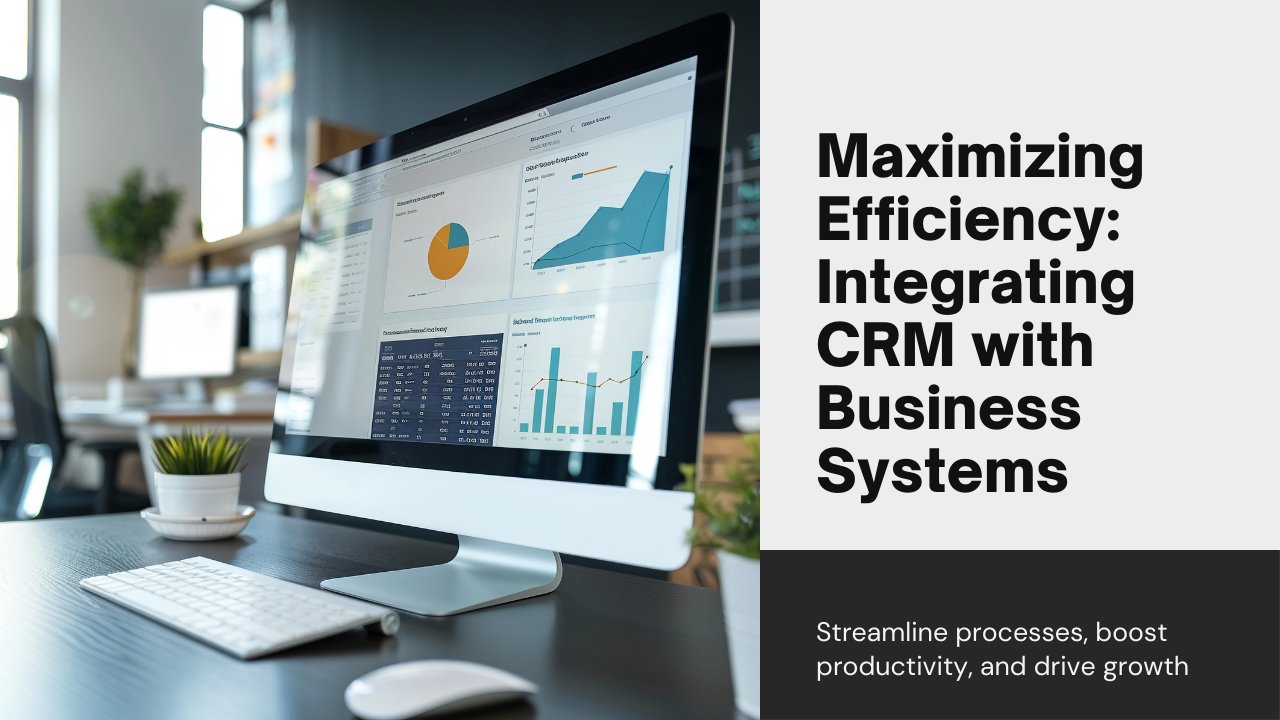In today’s digital age, businesses are leveraging advanced technologies to transform customer relationship management. AI, in particular, has emerged as a game-changer in CRM systems, enabling organizations to deliver personalized customer experiences, optimize operational efficiency, and gain actionable insights from vast amounts of data. This blog explores the multifaceted role of AI in CRM systems, highlighting its capabilities, benefits, and implications for businesses seeking to stay competitive in a rapidly evolving marketplace.
Understanding AI in CRM: Definitions and Capabilities
1. AI-Powered Customer Insights
AI algorithms analyze customer data to uncover meaningful patterns, trends, and preferences that traditional analytics may overlook. By processing structured and unstructured data from multiple sources—such as CRM databases, social media interactions, and website behavior—AI provides deep insights into customer behaviors, sentiments, and purchase intentions. This enables businesses to anticipate customer needs, segment audiences effectively, and deliver personalized marketing messages tailored to individual preferences.
2. Enhanced Customer Interactions
AI-driven chatbots and virtual assistants enhance customer service capabilities by providing immediate responses to inquiries, resolving common issues, and guiding customers through purchase decisions. Natural Language Processing (NLP) enables these AI-powered agents to understand and respond to customer queries in real-time, improving response times and overall customer satisfaction. By automating routine interactions, businesses can free up human resources for more complex tasks, ensuring consistent service delivery across channels.
Benefits of AI in CRM Systems
1. Personalization at Scale
AI algorithms analyze vast datasets to create detailed customer profiles and predict future behaviors. This allows businesses to personalize interactions based on individual preferences, purchase history, and browsing patterns. Personalized recommendations and targeted marketing campaigns drive higher engagement rates, increased conversion rates, and improved customer loyalty. AI-powered recommendation engines suggest products or services that align with customer preferences, enhancing cross-selling and upselling opportunities.
2. Operational Efficiency and Automation
AI automates repetitive tasks within CRM systems, such as data entry, lead scoring, and workflow management. Machine Learning algorithms optimize sales processes by prioritizing high-quality leads, identifying opportunities for follow-up, and forecasting sales pipelines with greater accuracy. Automated workflows streamline customer service operations, ensuring timely resolution of inquiries and reducing service delivery costs. By eliminating manual tasks, AI enhances productivity, minimizes errors, and enables teams to focus on strategic initiatives that drive business growth.
Implementing AI in CRM Systems: Best Practices and Considerations
1. Data Quality and Integration
Ensure data quality and consistency across CRM systems to maximize the effectiveness of AI-driven insights and recommendations. Cleanse and standardize data from disparate sources to maintain accuracy and reliability. Integrate AI-powered tools seamlessly with existing CRM platforms, ERP systems, and marketing automation tools to leverage synergies and create a unified view of customer interactions.
2. Ethical Considerations and Privacy
Address ethical concerns related to AI in CRM systems, such as data privacy, transparency in AI decision-making, and bias mitigation. Implement robust data governance frameworks and compliance measures to protect customer data and uphold trust. Communicate clearly with customers about how AI is used to enhance their experiences while respecting their privacy preferences and rights.
The Future of AI in CRM Systems: Trends and Innovations
1. Predictive Analytics and AI Forecasting
AI-powered predictive analytics enable businesses to forecast customer behaviors, market trends, and business outcomes with greater accuracy. Real-time data analysis and predictive modeling empower decision-makers to anticipate changes in customer preferences, optimize resource allocation, and seize opportunities proactively.
2. AI-Driven Customer Engagement Strategies
Future advancements in AI will continue to reshape customer engagement strategies, enabling hyper-personalized experiences through predictive modeling, sentiment analysis, and behavioral analytics. AI-powered CRM systems will evolve to anticipate customer needs in real-time, deliver proactive recommendations, and foster deeper connections with customers across all touchpoints.
Conclusion: Harnessing AI for Enhanced Customer Relationships
AI represents a transformative force in CRM systems, empowering businesses to deliver exceptional customer experiences, drive operational efficiency, and achieve sustainable growth. By leveraging AI-powered insights, automation, and predictive analytics, organizations can unlock new opportunities, strengthen customer relationships, and stay ahead of competitors in a dynamic marketplace. As businesses embrace the potential of AI in CRM, Sodio Technologies remains committed to innovating and delivering cutting-edge solutions that empower businesses to thrive in a digital-first world.







